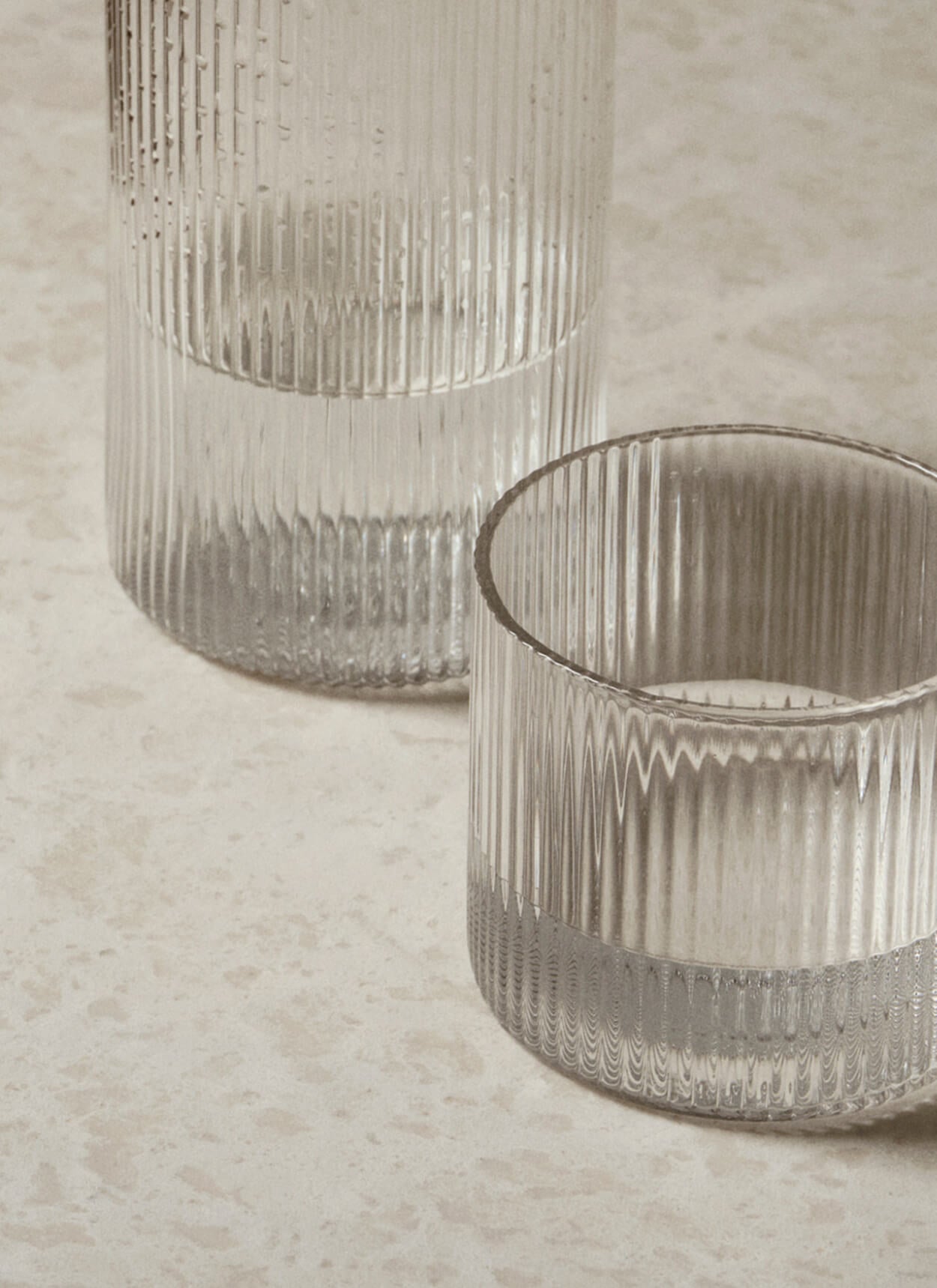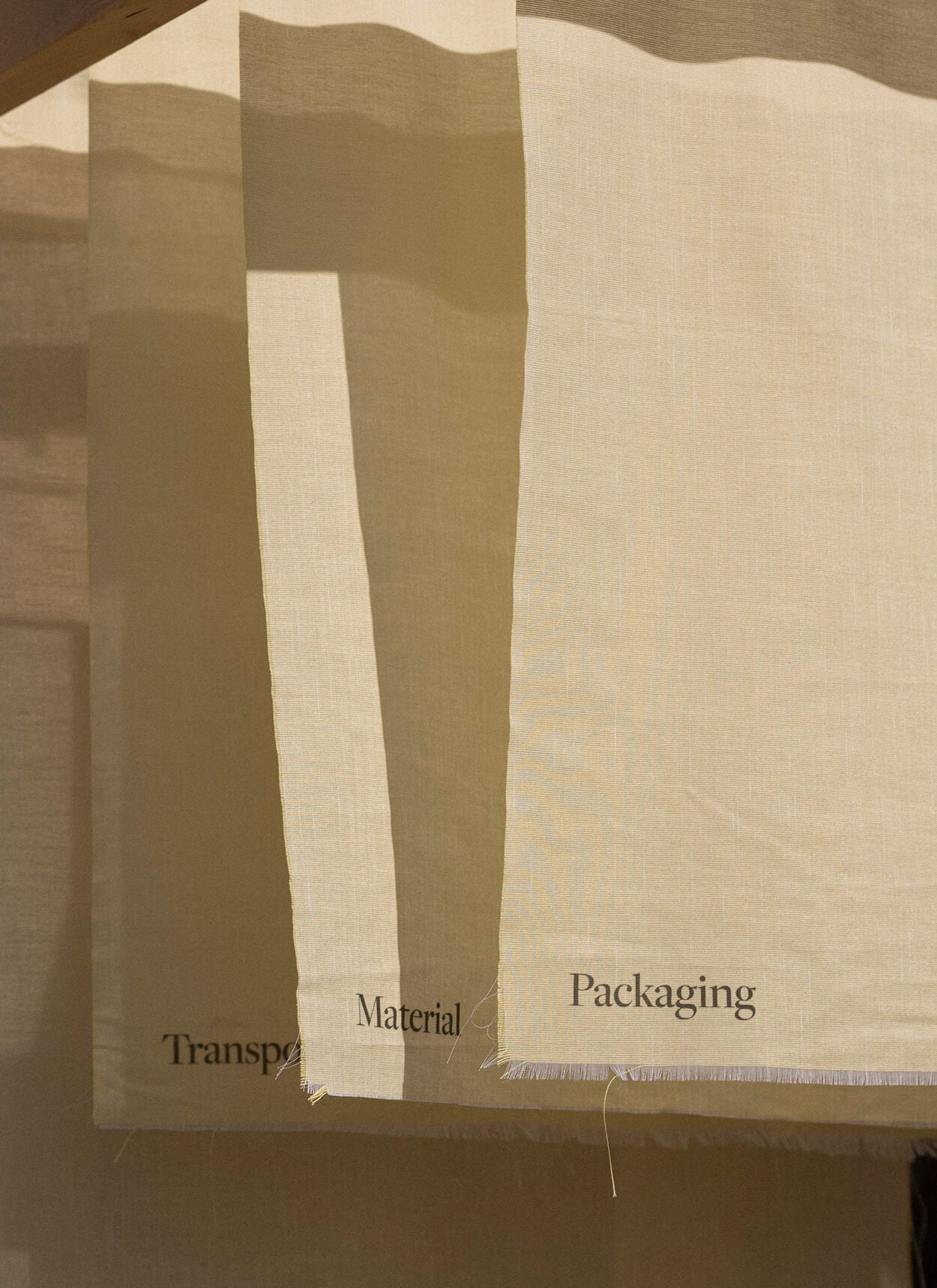
Living Stories
Take Care of Your Interior
Extend the lifetime of your interior pieces by giving them the care they need – we’ll show you how.
The beloved interior pieces that you have collected throughout the seasons of your life are not mere things – they are carefully selected treasures that contribute to making your space feel uniquely and comfortably you.
Providing these items with the proper care and maintenance will aid in preserving both their appearance and functionality, extending their longevity and ensuring that they will last for years to come. This will even help you to live a more sustainable and mindful lifestyle, as you will be able to keep your pieces for longer.
Beginning the journey of nurturing your interior pieces with the ideal care and maintenance may feel daunting, as each material requires different types of care. So let us help you on your journey with these tips and tricks on how to best care for the different materials you will likely have in your home.

Wood
Wood has been used to craft interior pieces for centuries. Like an alluring piece of art, no two pieces are the same, and the many different types of wood add an organic, natural expression to any space. Wood is a durable material that can be used both indoors and out, and with the proper care and maintenance, its character will continue to evolve and become more beautiful as time passes.
Because wood is a natural material, the most important care measure is to treat it with a suitable oil when needed. Using a neutral wood oil will help the wood retain its natural colour while also increasing its durability, making it less susceptible to stains. When applying the oil, we recommend using a soft sponge or cloth, wiping in the direction of the wood grain in a continuous, thin layer. After three hours, any excess oil can be wiped away, and your wooden furniture will be beautiful again.

Marble & Stone
Both marble and stone are ancient, beautiful materials that have been formed by nature over thousands of years. Each piece of stone tells the unique story of its history, displaying the natural imperfections of its creation. Natural stone and marble are quite sensitive and demand some extra care and attention.
The porous nature of both materials means that acidic liquids, such as orange juice or coffee, will stain the surface, and even water should be wiped away immediately if spilled. It is also important to be careful not to scratch the surface by placing or sliding hard objects across it.
Cleaning the surfaces should be done as gently and delicately as possible, and without the use of harsh or corrosive chemicals. Dust the surfaces off regularly, and wipe with a cloth dampened with water and mild detergent when necessary. After this, always wash away the detergent with a cloth dipped in pure water.

Glass & Mirrors
Glass is an incredibly versatile material that has been used for centuries. It can be formed into any shape and stained with almost any colour and can serve many different functions in the home. If maintained correctly, glass is a long-lasting, durable material that can stay both decorative and functional for decades.
Tableware and decorative objects can usually be cleaned in the dishwasher, but depending on the thickness of the glass, you should be careful to not crack or break them in the process. Glass objects that cannot be placed in the dishwasher should be cleaned regularly with a dry cloth and washed with a soft brush and mild detergent. Avoid using harsh chemicals to clean the glass, as this can damage the surface.
Mirrors are a staple in many homes and are both functional and decorative. They should be cleaned with a soft, clean damp cloth, and the corners should not stay wet for prolonged periods of time. If you need to clean your mirror more thoroughly, we recommend using commercial glass cleaners without ammonia or vinegar.

Ceramics
Ceramics represent another ancient traditional craft made from organic materials found in the ground. It is usually used to create beautiful tableware or decorative items such as vases or plant pots.
If the ceramics are glazed, they are usually safe to put in the dishwasher, but if they are unglazed and have a raw surface, we recommend rinsing the ceramics in lukewarm water or wiping them with a damp cloth. Be careful of using abrasives in the surface, as this may cause scratches.

Textiles
Textiles can be used throughout your home to create a soft and gentle expression. Pillows, rugs, bedspreads and blankets all contribute a tranquil feeling to your space and are also functional pieces you use in everyday life. If we take proper care of them, they can stay beautiful for years to come.
Rugs come in a variety of different textiles, and the care they require is therefore very different. All rugs, however, benefit from being vacuumed frequently, as this will diminish shedding and lift any flattened pile in high-traffic areas. It is also beneficial to rotate any rug on a regular basis to distribute wear more evenly, and to use pads or protectors under any heavy furniture to prevent leaving permanent marks in your rug.
If the rug is made partly or purely by wool, stains should be removed by gently dabbing the area with a wet paper towel and cleaning with a damp cloth. If the rug needs a more thorough clean, we recommend using a professional dry cleaner, as using water to wash a wool rug will ruin it. For the same reason, you should avoid pacing the rug in damp areas in your home, and only use it indoors. If your rug is made of a more durable textile, such as cotton or PET-yarn, it is suitable for machine washing at 30°C or can be cleaned by hosing it down with water and hung to air-dry. Rugs made of PET-yarn are also suitable for outdoor use, enabling you to cosy up your Green Space.














